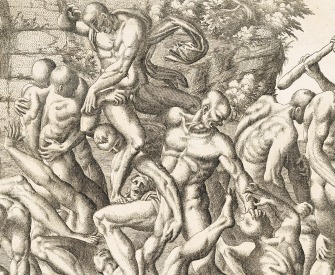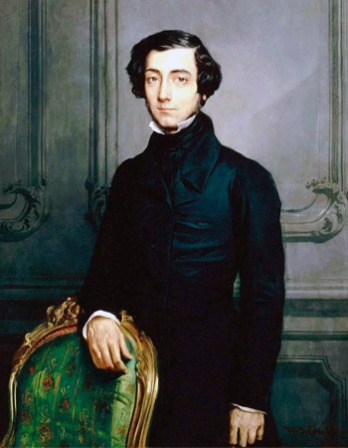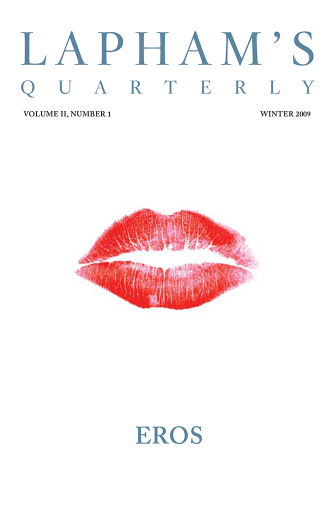It is at present becoming a very common feeling among the teachers of female schools that there are radical and very great defects in the mode of teaching and conducting such schools.
The writer of this article has had considerable experience of the difficulties produced by these defects; and every year they have appeared more important and more trying, as every year has added new interest to the employment and new views of its importance.
This has induced the wish that these defects and difficulties might be definitely exhibited, and some inquiry instituted as to the mode of remedy.
The greatest evils incident to female schools of the higher order at the present period result from the fact that far too many and too varied duties are necessarily demanded from one person.
The amount of knowledge required to complete the education of a young lady destined to move in the higher circles, and the number of studies considered as important, has nearly doubled within the last few years.
Fifteen years ago a tolerable knowledge of grammar, geography, arithmetic, and history was considered a good education by the generality of females; and few aspired to higher advances in knowledge, except it may be in those branches usually denominated accomplishments.
At that time one person, with a suitable number of pupils and properly qualified, could, with comparative ease, impart the required amount of instruction. But at the present time, public opinion has altered so much on the subject of female culture that now the education of young gentlemen in college, though its branches may vary, and though it requires greater advances, does not embrace any greater number of pursuits than is demanded in the higher female schools.
It is a fact that more different branches have been pursued in one year in the school under the care of the writer than in their regular course engage the attention of young gentlemen during a four years’ residence in college. By this is not intended that any one individual pursued such a variety of studies or that they are pursued to the same extent as in colleges; but only that among them all, the teachers were obliged to instruct in a greater variety of branches than are ever regularly pursued in any college. The following is a list of the branches pursued in the school mentioned during one year: reading, spelling, writing, composition, grammar, geography, arithmetic, chemistry, natural philosophy, history, rhetoric, moral philosophy, logic, mental philosophy, chronology, algebra, geometry, Latin, and some work of a theological nature, beside drawing, French, and music, which have had separate teachers.
The education of females has generally been irregular, superficial, and deficient. A great part of the knowledge acquired in school is merely mechanical—learned by rote, without any correct ideas attached to the words repeated. And it cannot be otherwise, when almost every moment during school hours is occupied in the simple exercise of asking questions and hearing answers, without time to explain or illustrate, and without proper facilities for doing it, even were there time. It has often been a matter of astonishment to find how often some of the simplest ideas are repeated without any notion on the part of the pupil of the fact intended to be conveyed, and that, too, by young ladies of neither poor abilities nor inferior advantages.
It cannot be well understood how trying and discouraging such things are to a teacher who is interested in the employment. Yet could others witness, as teachers are called to do, the anxious inquiry after explanation for which there is neither time nor apparatus, and the bewildered look of disappointment when required to commit what is not understood—could they see the teacher hastening from one pursuit to another with a speed that forbids interest or thorough instruction—could they hear the suggestion made by one friend, that this or that study needs more attention—by another, that reading or spelling must not be neglected—by another that the manners of the young ladies must receive attention—from another, admonitions respecting their moral and religious instruction, while at the same time the teachers feel that amid so many cares they need these admonitions and realize that these are far greater defects than others can discern—could these things be seen and felt, a better estimate would be formed of the difficulties attempted to be described.
It would appear from this statement that the new exigences of education at the present day seem to demand new and peculiar efforts for their supply. If the public sentiment has advanced so much on the subject of female culture that a course of study very similar to that pursued by young men in our public institutions is demanded for young ladies of the higher circles, should not the public afford facilities somewhat similar for accomplishing it?
Is it not desirable that females, who are to receive most of the knowledge derived from books during the period of their education, should obtain thorough and substantial knowledge instead of that parrot learning which will soon pass away?
From “Female Education.” When Beecher was sixteen, her mother died, and she took on the upbringing of her younger siblings, including the future preacher Henry Ward Beecher, author Harriet Beecher Stowe, and suffragist Isabella Beecher Hooker. In her twenties Beecher founded two schools, the Hartford Female Seminary and the Western Female Institute. In her Treatise on Domestic Economy, she argued that women should be educated in and devoted to the domestic sphere, which she called “the greatest work that ever was committed to human responsibility.”
Back to Issue





